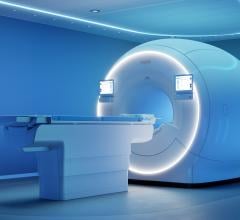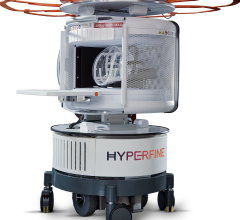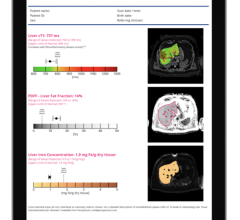December 5, 2007 - The United Kingdom's Department of Health said today it will begin a new stroke strategy in which anyone in a higher-risk group who suffers a minor stroke will receive an MRI scan within 24 hours to accelerate the emergency response.
The department hopes the new strategy will help prevent up the 6,800 deaths and cases of disability, which occur due to strokes in the U.K. annually. A further 1,600 strokes may also be averted through preventative work, the department said.
Key measures include MRI scans for higher-risk individuals with Transient Ischaemic Attack (TIA), also known as minor strokes, within 24 hours of experiencing symptoms and within seven days for low-risk individuals. Department officials said this could lead to an 80 percent reduction in the number of people who go on to have a full stroke. Currently, less than 35 per cent of providers in the U.K. manage to treat TIA within seven days.
The new strategy also calls for the immediate transfer of those with suspected stroke to a specialist center offering immediate clinical assessment, scans and clot-busting drugs. All local areas will have 24/7 coverage by at least one specialist center.
"This is a bold vision for the delivery of world-class stroke services,from prevention right through to life-long support. There is no excuse for standing still," said Health Secretary Alan Johnson.
Stroke is the third biggest killer in England, with 50,000 people dying from it each year.
The program includes training for stroke consultants, nurses and allied health professionals, development of acute and community demonstration sites to pioneer best practice, and awareness campaigns with a funding package of about $194 million.
For more information: www.doh.gov.uk


 January 21, 2026
January 21, 2026 








